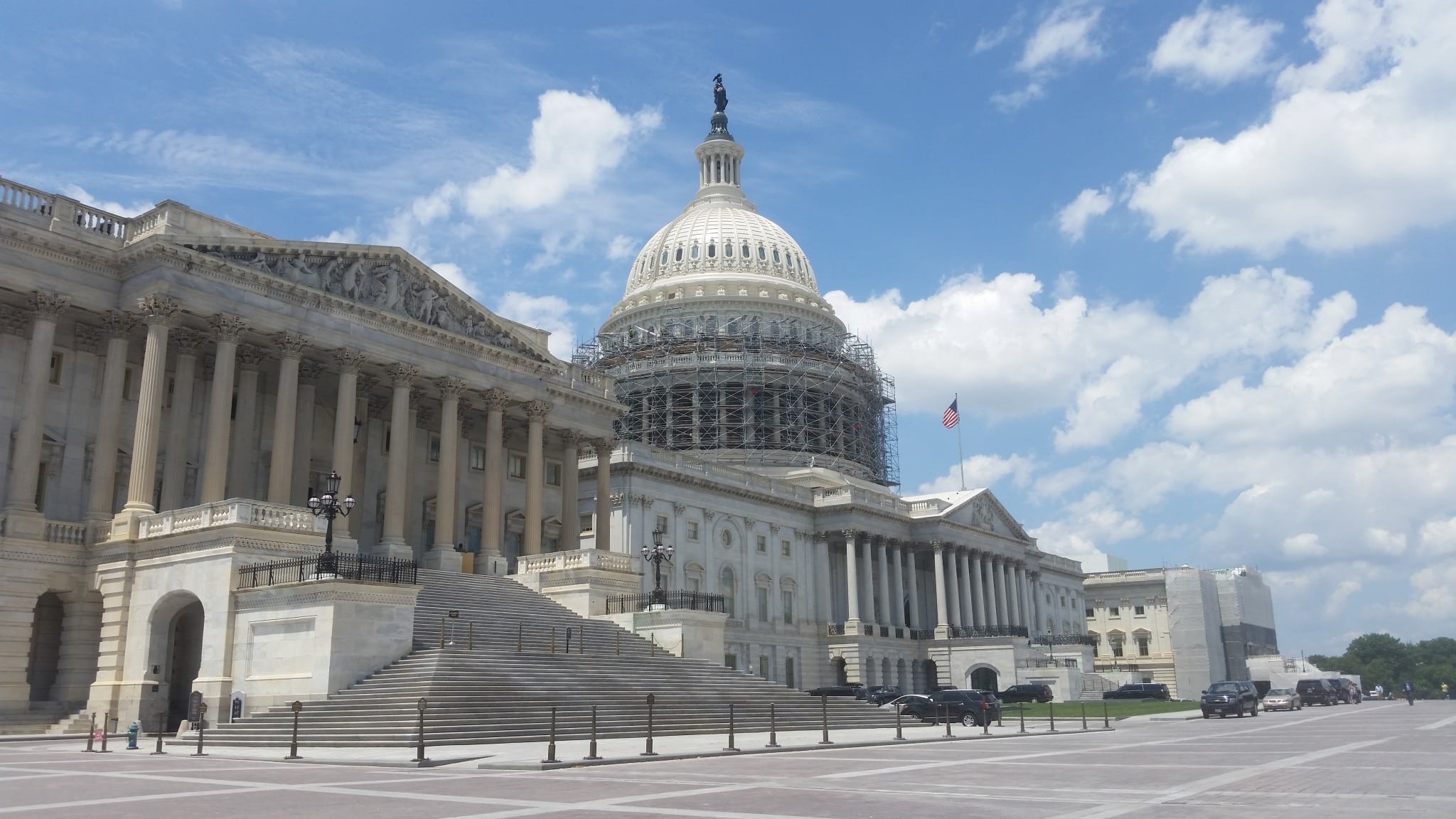
Bills proposed in both chambers of Congress to extend and expand the existing 45Q tax credit for carbon sequestration are key to developing a policy landscape supportive of carbon capture, use, and storage deployment, a panel of experts said Monday during a congressional briefing on CCUS technologies. “The 45Q tax credit that’s out there today that’s being proposed to be enhanced and improved by Senator [Heidi] Heitkamp (D-N.D.) and others is really the linchpin of, I think, moving forward in this industry,” said Sasha Mackler, vice president of Summit Power Group.
Heitkamp introduced the Senate version of the bill with Sen. Sheldon Whitehouse (D-R.I) in July.
The 45Q tax credit is currently worth $20 per ton of CO2 captured for geologic storage and $10 per ton for CO2 captured and used in enhanced oil recovery. The program is due to expire once 75 million tons of credits have been used.
The Heitkamp-Whitehouse bill would increase the credit to as much as $35 per ton of carbon captured for use and $50 per ton captured using permanent geologic carbon storage. Credits under the bill would be available to industrial sources of CO2, not just the electric sector as has been the case thus far.
Rep. Mike Conaway (R-Texas) introduced the House version of the bill in February. The legislation would extend the tax credit beyond the current 75 million tons cap written into the tax code. Roughly half of those credits have already been claimed. Conaway’s bill would remove the 75-million ton cap.
Extending and expanding the 45Q credit will help bring about policy parity for CCS, said Ray Shepherd, vice president of federal government relations for Peabody Energy. “If you stipulate that electricity is important, and if you stipulate that coal is going to be a substantive part of the energy mix for the foreseeable future, if you are desirous of reducing CO2 emissions, then CCS is a condition precedent to achieve that. The only way to achieve that is by leveling the playing field, and part of that is through bills like Heitkamp and Conaway,” he said.
Mackler echoed that sentiment, noting that similar credits have proven helpful in competing industries. “That’s a very important stepping stone for really getting this industry off the ground in a way that’s quite scalable and that we’ve seen work in other industries. For example, the wind production tax credit has really had an enormously positive effect on the wind industry. The sequestration tax credit would work in kind of a similar way,” he said.